
[Editor’s Note: the following is based on a publicly available ticketed preview performance of KPOP and is therefore not a formal review.]
“I don’t speak Korean,” says Jerry.
Then again, neither do we.
We’re gathered here as a focus group, led by international crossover expert Jerry Kim of Crossover Productions. Jerry (played by a winsome James Soel) has been brought in as a consultant to help JTM Entertainment, a behemoth Korean record label, bring their megastars to the one place they’ve never been able to go, a fortress Asian pop music has never really been able to penetrate: America.
The ruling couple of JTM, President Moon (James Saito) and his wife Ruby (Vanessa Kai), are counting on Jerry to complete this mission. You see, Mr. and Mrs. Moon have no children. These artists are their children; this is their life’s work. Their legacy.
There’s just one problem.
“I’m from… San Diego,” Jerry confesses.
California-born and bred, he is a bona fide Twinkie (yellow on the outside, white on the inside). The first time he went to Seoul, Jerry says, he was shamed by an old man by not being able to read a menu, despite his outward appearance. “I don’t even know what a ‘Gangnam’ is!” he jokes. He’s a stranger to his ancestral homeland, but still expected to bridge the chasm between the two cultures.
Can this reverse immigrant get the job done? What is it like to simultaneously exist in two cultures but never really fit into either? Can one man overcome decades of xenophobia? That is, assuming Jerry’s charges even want to make it big in the USA.
And with this introduction, we’re broken out into smaller groups and whisked off to meet the stars. Fans of Here Lies Love or Third Rail’s Ghost Light may immediately recognize some common elements. There’s a black box theatre with elevated stages surrounding the audience. The show uses a “dark ride” structure, moving the audience around backstage corridors in small groups. But the similarities to other shows end quickly.
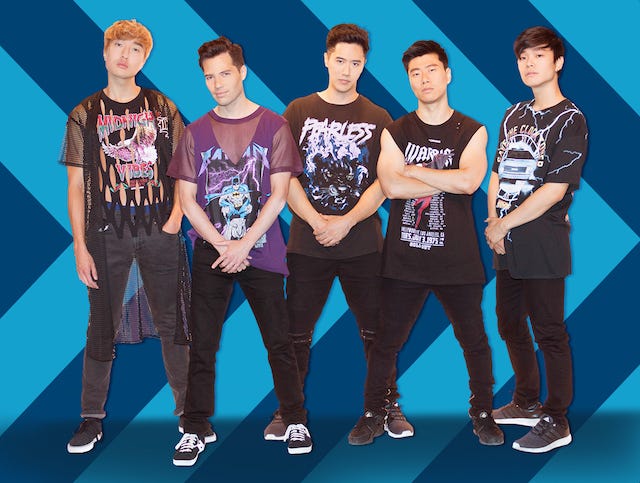
First, we meet the boy band F8, struggling to complete their new album. President Moon has fired half the group and installed a new singer, Epic (the charismatic Jason Tam), to help F8 modernize their sound. Unfortunately, Epic’s half-Korean, half-American background and inability to speak the Korean language has led to simmering resentment from the other members. Epic just wants to belong (finally, someone here to make friends!) but his new family is not so welcoming, accusing him of not being a “real Korean.”
Next, we find the diva Mwe (Ashley Park) who is confronting her inevitable retirement from K-pop at the ripe old age of 26, despite a worldwide empire that includes fragrances, apparel, cosmetics, and accessories, all marketed under her name. Mwe’s struggle to live up to Mrs. Moon’s high expectations is compounded by lack of any other friends or family. To cope with her loneliness, she desperately turns to the only people she can rely on — us, her fans — through a series of tragic selfie videos taken via smartphone.
And last but not least, it is the collective women of Special K, our girl group, who we watch buckle under the weight of the machine that is the K-pop factory.
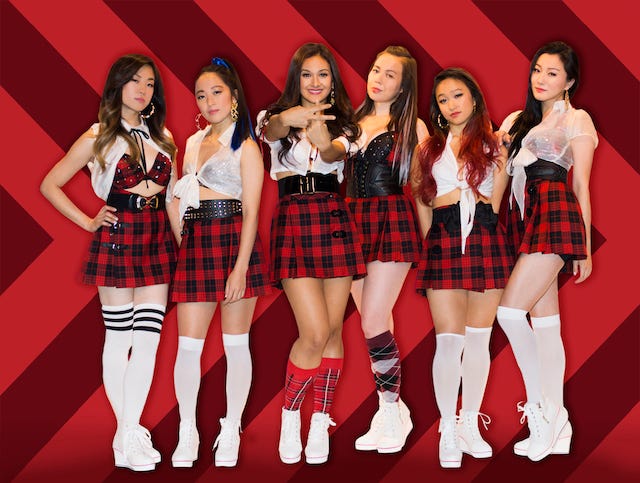
Our focus group observes uncomfortably as Special K are told to do the same dance routine over and over, to lose weight, to smile more, to sing harder, and to always be witty but never controversial on late night TV. A plastic surgeon draws on one character’s face with a marker. He rounds her eyes, raises the bridge of her nose, and sharpens her chin, in order to mold her face to resemble the Western idea of beauty. His patient is horrified; another one bolts from the room mid-consult. Most importantly, the women of Special K are being schooled to get rid of their Asian accents, a subject of particular interest to Jerry, who masochistically asks the beleaguered Callie (Sun Hye Park) to repeat her name over and over until her consonants sound “American” enough to his ears.
Our desperate consultant turns to his focus group, with a plastic Tom Cruise smile, asking us to name some popular musicians who have thick Asian accents.
We can come up with none.
“Why?” Jerry asks.
“Why do you think that is?”
Things get ugly and then even uglier, but in KPOP you don’t look away.
Now we’re in the dance studio and Jerry once again probes the room, this time looking for characters in American movies & TV shows who have had thick Asian accents. We collectively cringe. A few brave folks reluctantly volunteer names.
“Mr. Yunioshi from Breakfast at Tiffany’s.” “Jackie Chan.” “Mr. Miyagi.” “Constance Wu’s character from Fresh Off the Boat.”
I breathe a quick sigh of relief that Long Duk Dong doesn’t come up.
The stereotypes linger heavy in the air.
Jerry’s machinations continue even as Tiny D (a delightfully snarky Katie Lee Hill) compares the plastic surgeon’s recommendations to an act of nuclear war on her face, then begs the audience for “a Kind bar, a lozenge, anything to eat, please” moments later. And why should the ladies of Special K change their looks, accents, personalities, and histories, to fit what America wants? Why should they change to fit what Jerry says to do, when he can’t even understand their language?
Several passages of dialogue in KPOP are spoken between characters only in Korean; it’s discomforting to hear the chuckles of the few Korean-speaking audience members while the rest of the group is left in the dark. Only when another actor finally translates, do some of the jokes fully land. (Even then, a phrase in Korean gets willfully mistranslated by one of the characters, such that neither Jerry nor the audience are ever “in” on its true meaning.) The act of using language as a wedge in KPOP serves not just to further underscore the alienation of both Epic and Jerry, but also to remind the audience of one thing: we are mere tourists here. This isn’t our world: these are their dressing rooms, their rehearsal spaces, their dance studios.
It’s a direction that seems to run counter to the aims of immersive theatre. The audience, for all its physical presence, has just been Other-ed. It’s a sensation probably unfamiliar to a large chunk of those attending, particularly if you’ve never been asked where you’re “really” from. It’s a realization you don’t belong. Not here. Not in your own homeland. Not in your parents’ homeland, either. And for many of us, that sense of Other-ness is just a part of everyday life, stretching far beyond the stage doors, long after the show is over and the music fades out. To be judged by your last name or the shape of your eyes or the color of your skin or because your accent makes L’s sound like R’s.
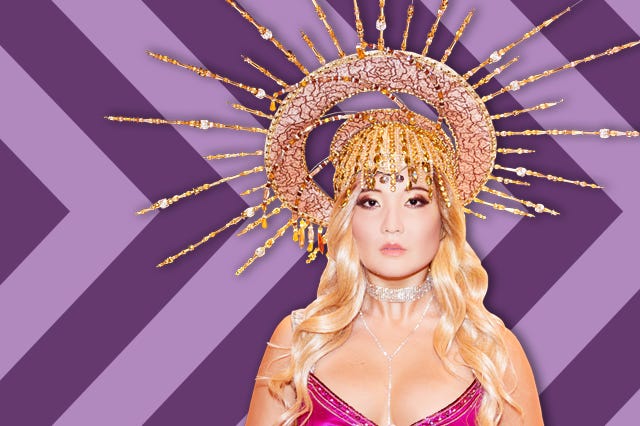
And yes, KPOP is a fantastically good time, and also important as a theatre production. The majority Asian and Asian-American cast has unquestionable talent and an all-in sincerity, at a time when Asian-American actors make up a mere 2% of Off-Broadway and Broadway casts, and Asians are being told we’re not “expressive” enough for Hollywood. I beg to differ. Because when Mwe is belting out a ballad, she is a force to be reckoned with. Because I may never again find myself this close to a character’s ‘I Want’ song, with Epic pouring his heart out in his dressing room, after telling us his favorite Michael Jackson video is “Black or White” (it’s the faces melding into one another at the end of the song).
The music in KPOP is exuberant, with sharp hooks and maddeningly catchy choruses. Special K’s wardrobe is fabulous enough to turn even the most jaded Instagrammer green with envy (my God, the shoes). Despite the large amount of material in the show, I wished I could spend more time with the characters individually. It also feels very satisfying to actually be able to applaud, for once, at an immersive show.
All in all, Ars Nova, together with Ma-Yi Theatre company and Woodshed Collective, haven’t just built an immersive musical around a pop star factory. On paper, KPOP reads like Empire meets The Voice with a good dose of immersive-ness thrown in as the buzzword du jour. But the work is more than just that. KPOP is ultimately something even more powerful and rare and meaningful: they’ve made an empathy factory. One built for our time, right when we might need it the most.
Long live KPOP. KPOP forever. #teamepic
KPOP runs September 5 — October 7, 2017 at A.R.T./New York in New York City. Tickets for the run are sold out at this time, except for a benefit performance of October 7th for Ars Nova’s Fair Pay Initiative. A standby line is also available 30 minutes ahead of time for each scheduled performance.
No Proscenium is a volunteer effort made possible by theatre-lovers like you: join them on Patreon today!
In addition to the No Proscenium web site, our podcast, and our newsletters, you can find NoPro on Twitter, Facebook, YouTube, Instagram, and in our online community Everything Immersive.


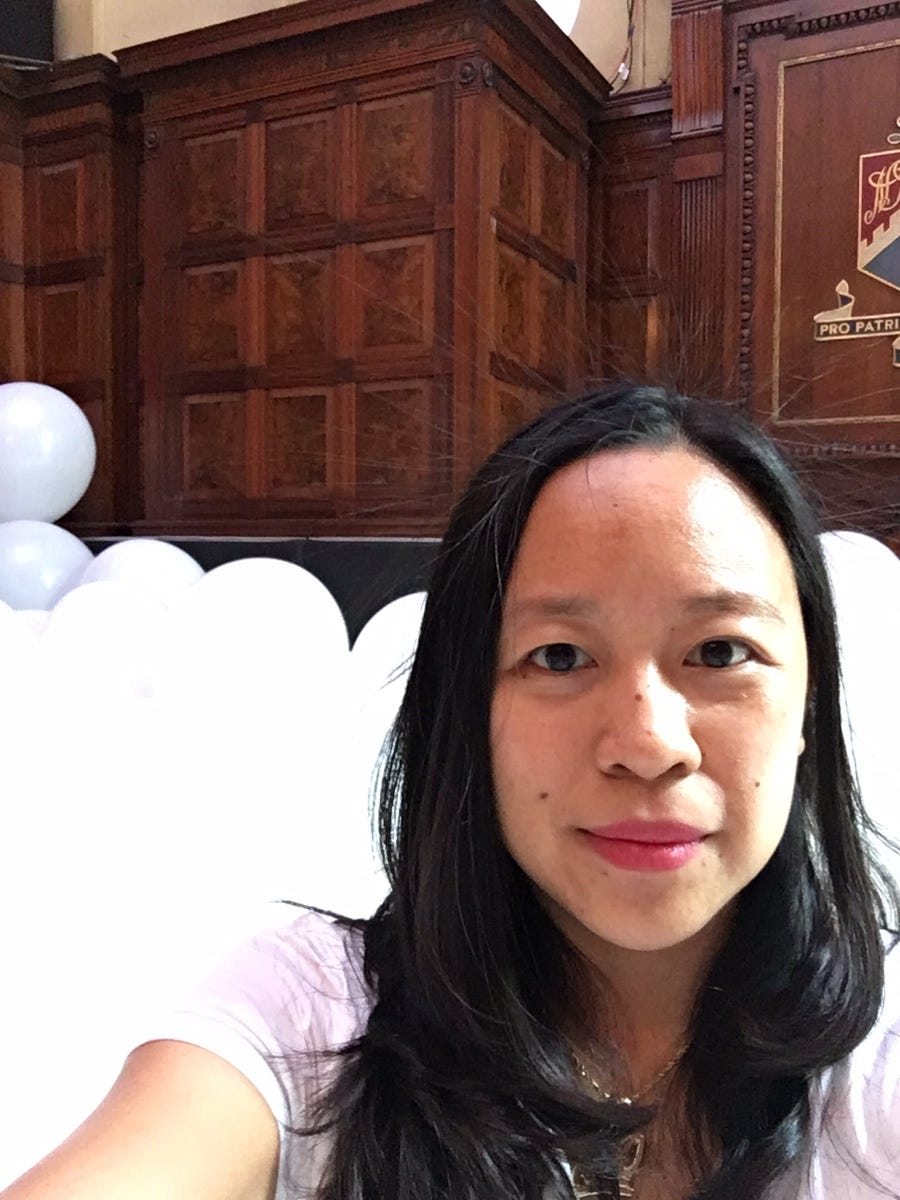

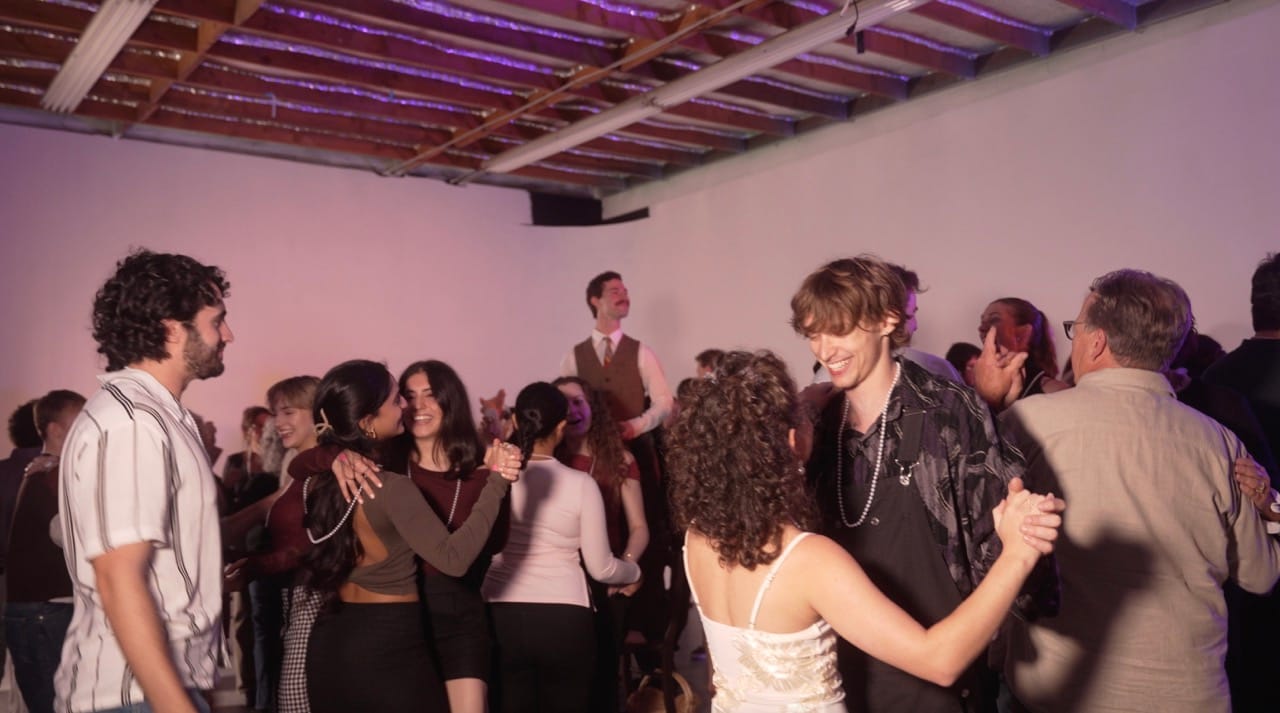

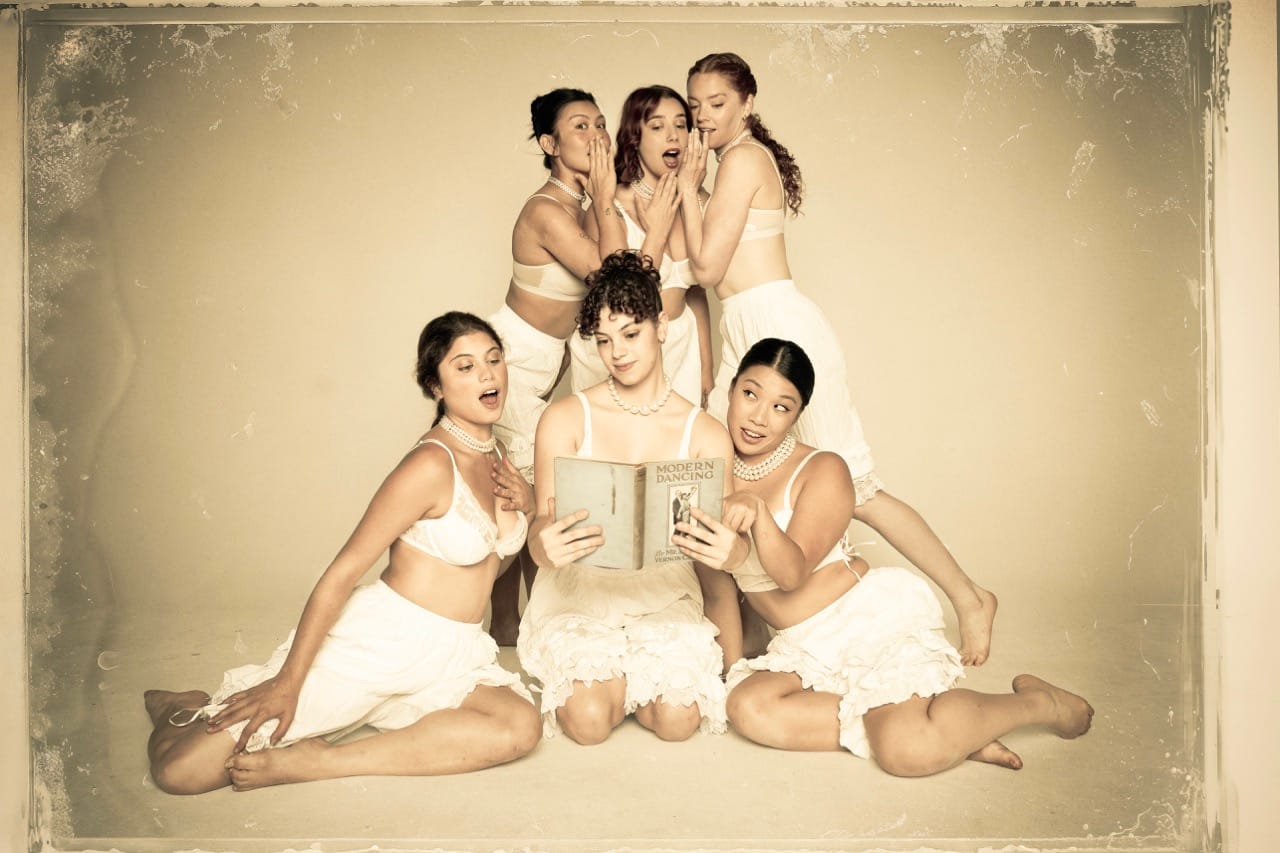

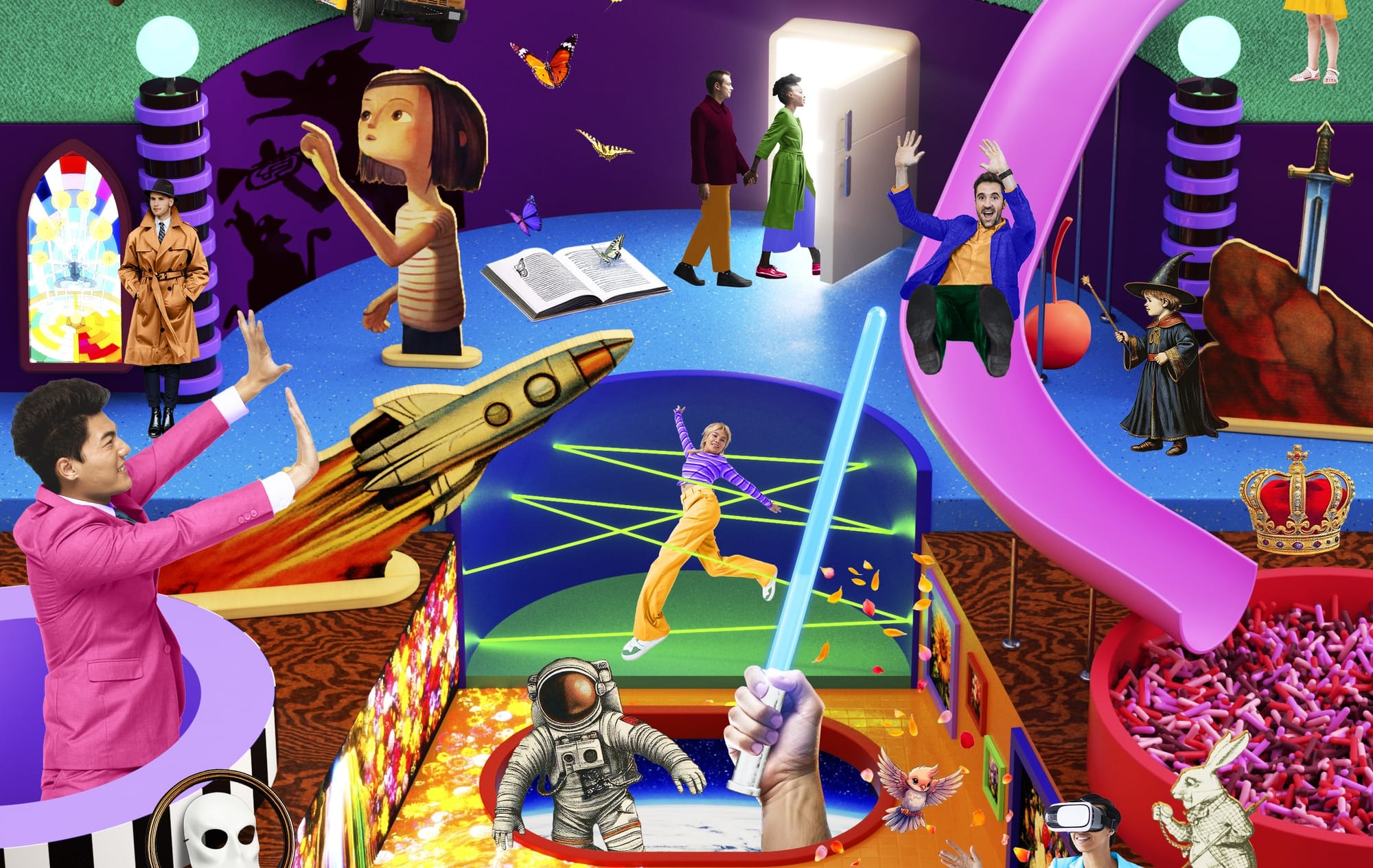
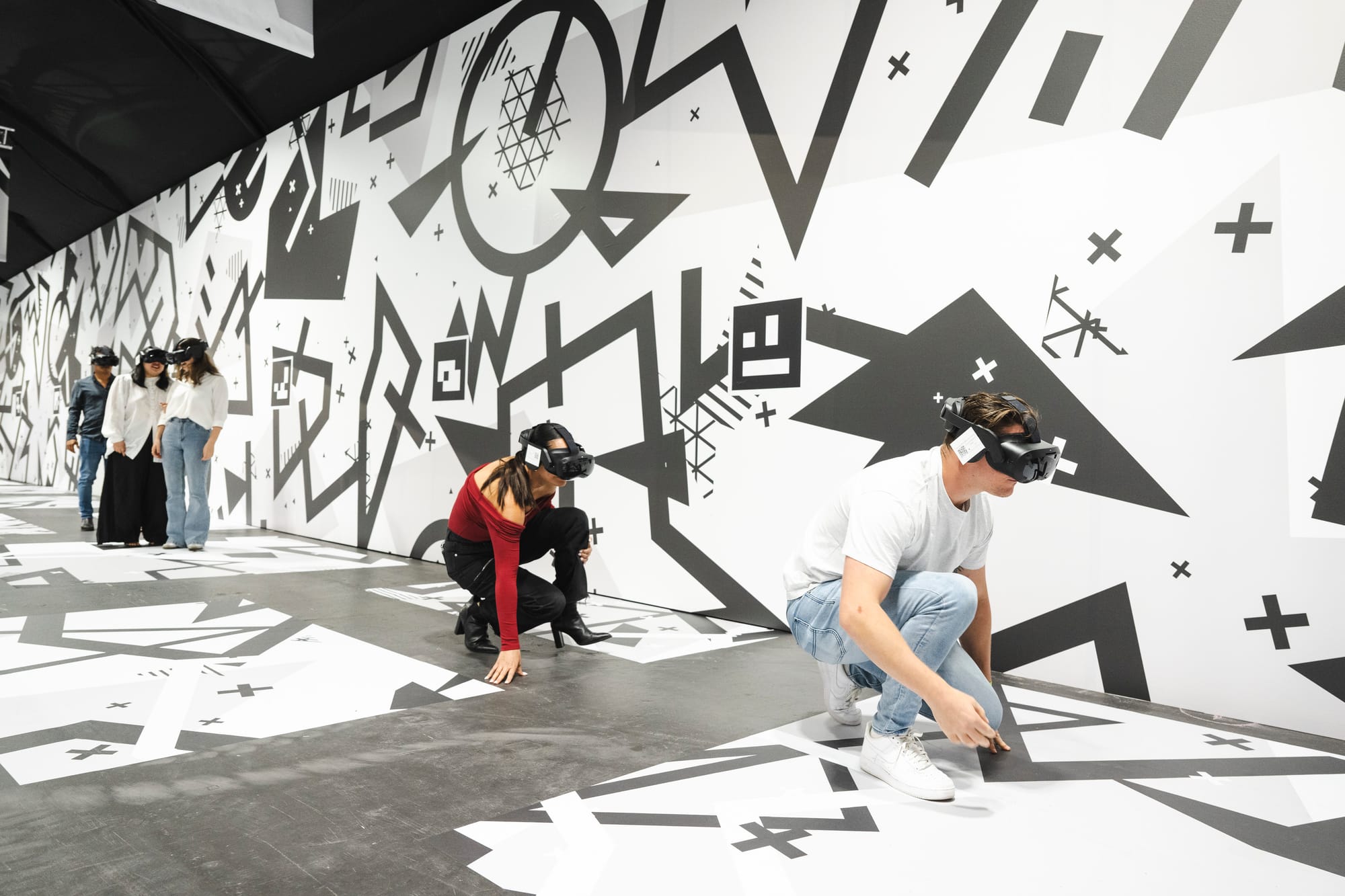

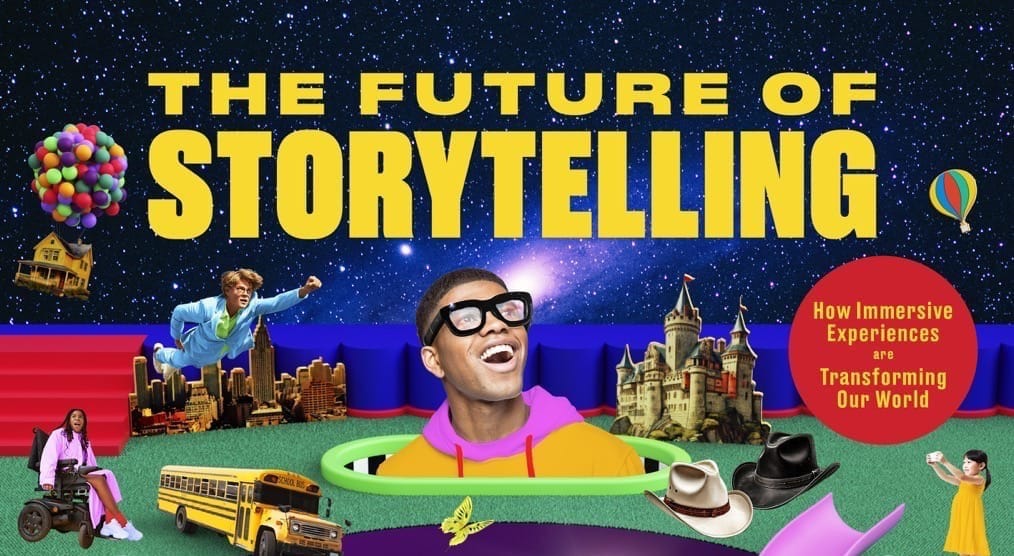

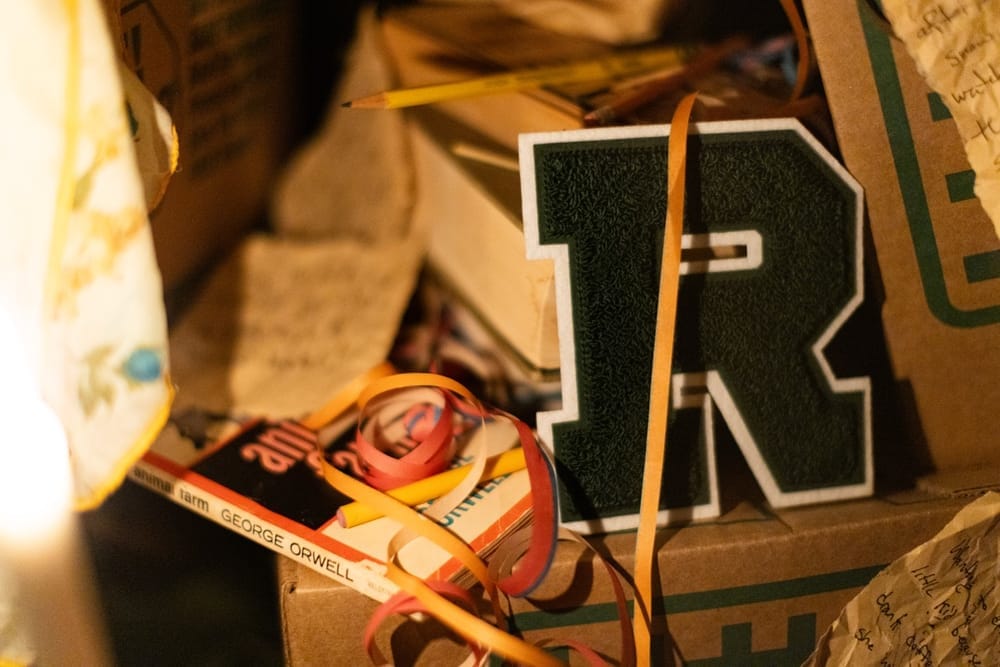

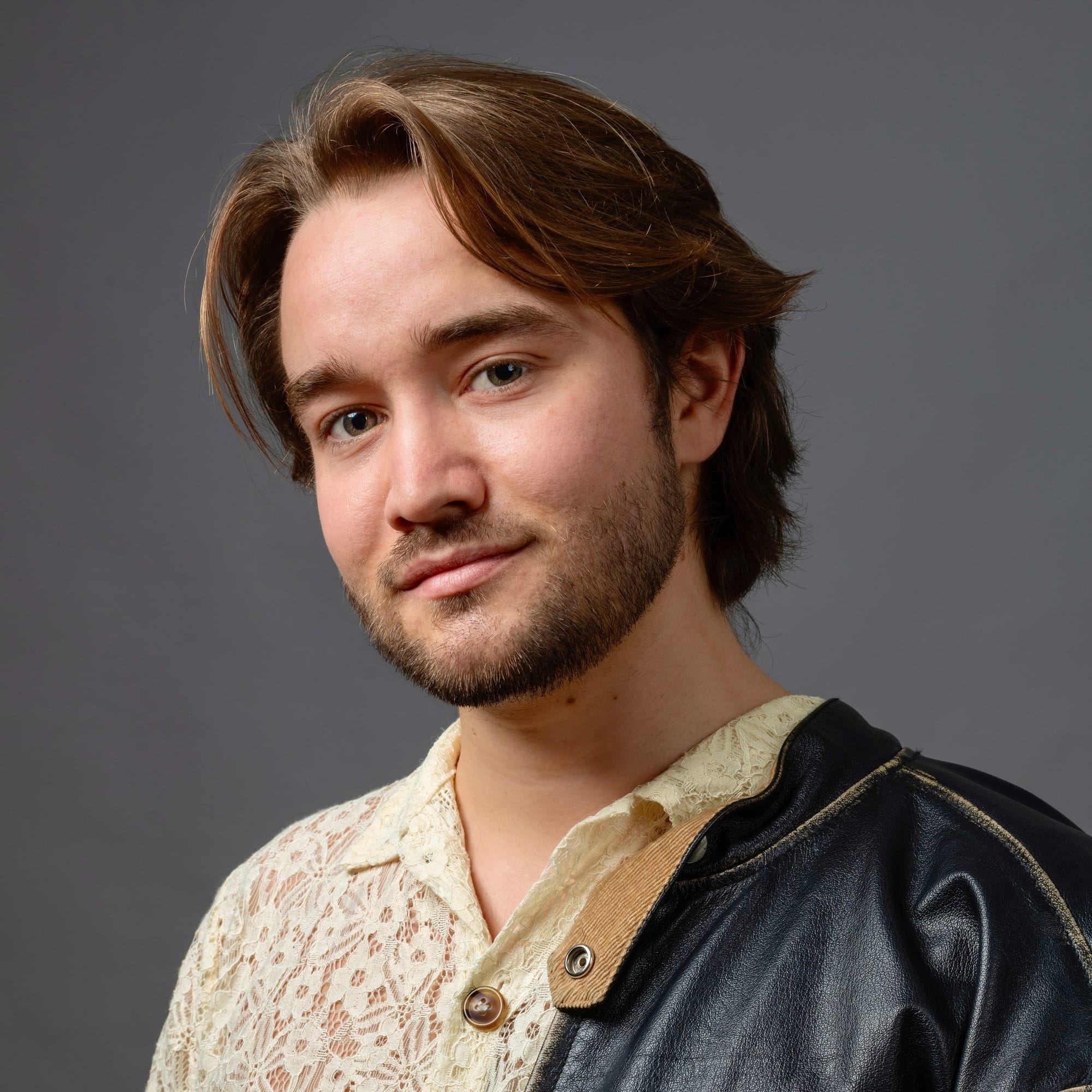
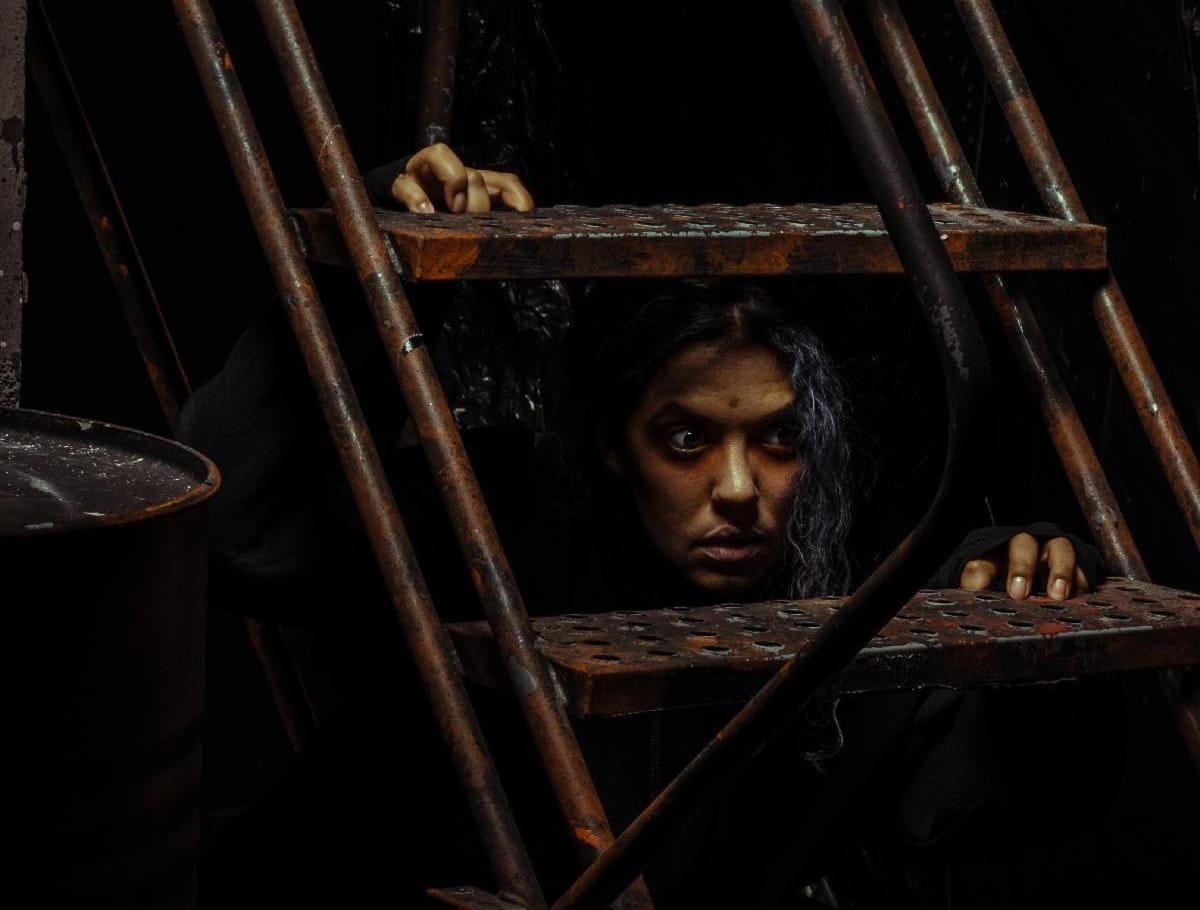
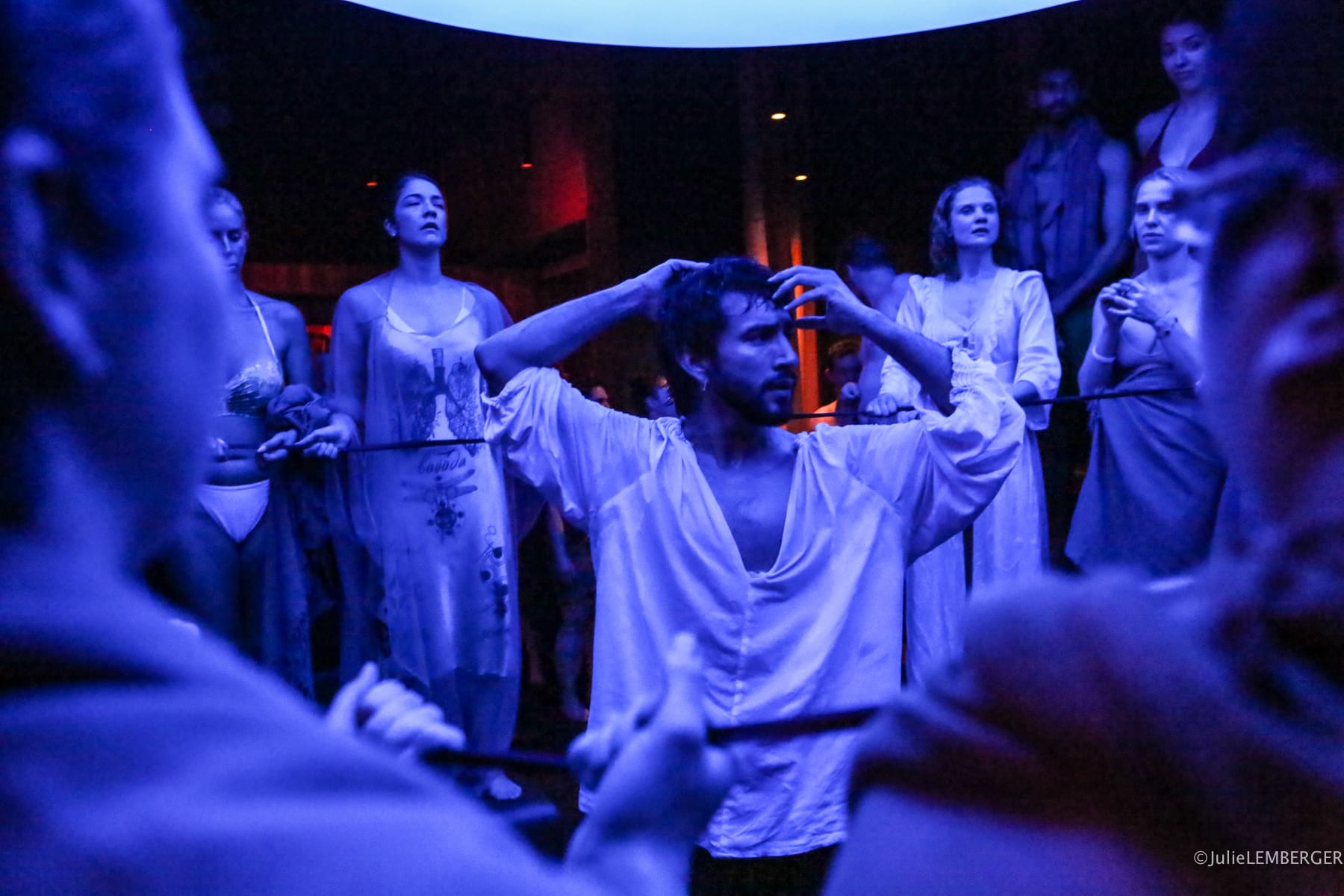
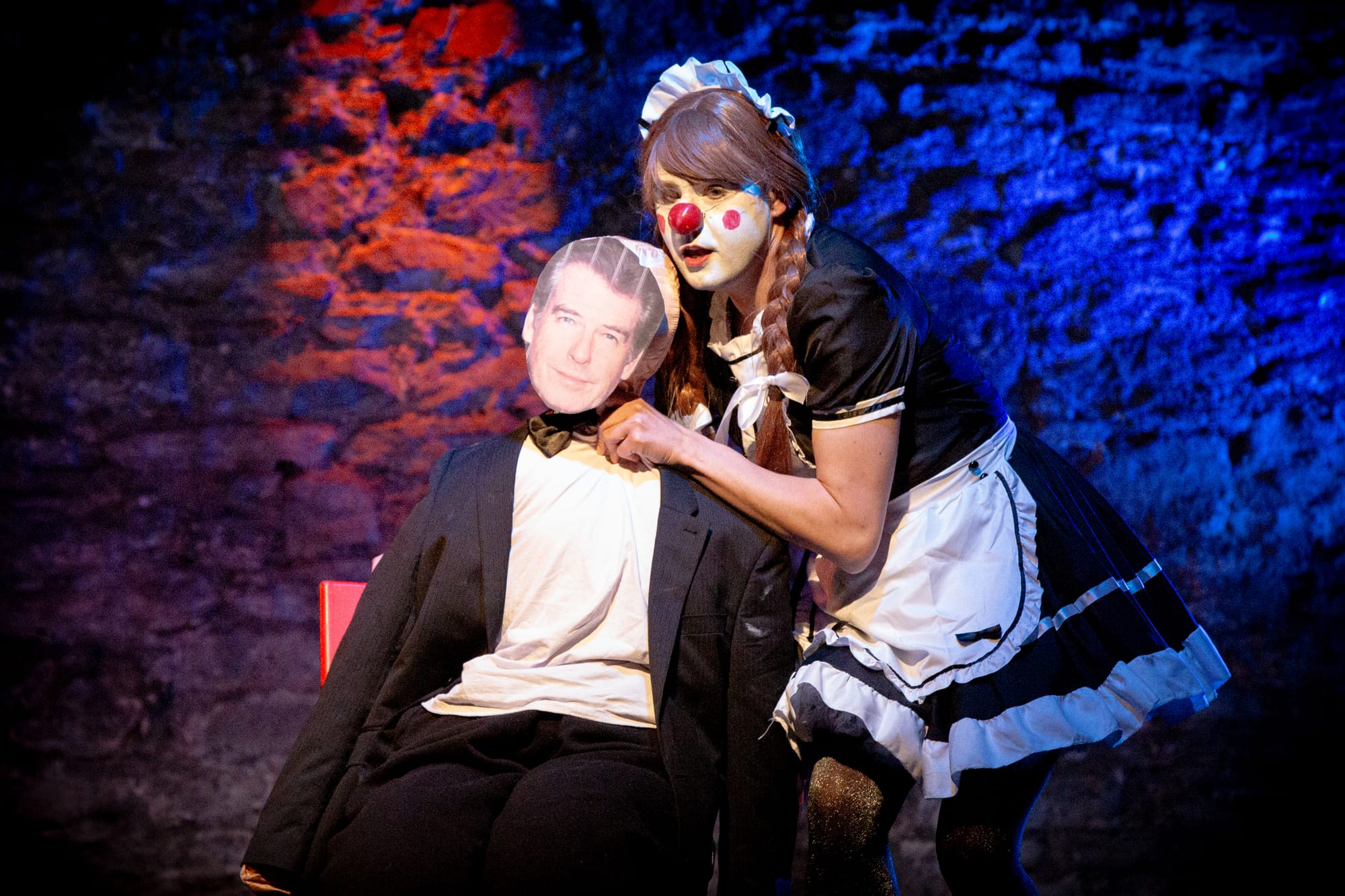
Discussion